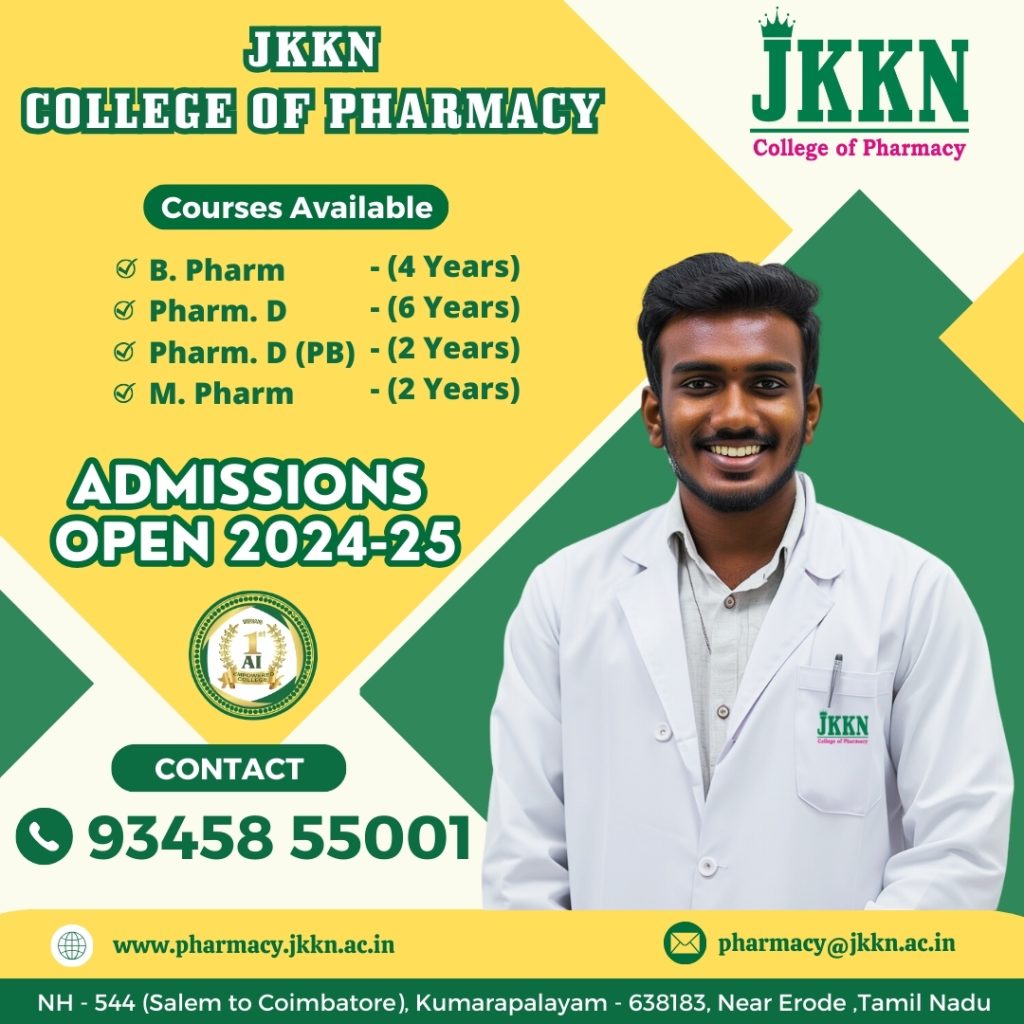III B.PHARM. / PHARMACOLOGY- III (THEORY)
After a successful completion of the course the students will be able to
| Course outcome number | Course Outcomes | Cognitive level |
| CO1 | Remembering the classifications and pharmacological characteristics of drugs acting on the respiratory system and gastrointestinal tract as well as their therapeutic applications. | C1 |
| CO2 | Understanding the mechanisms of action of anti-asthmatic drugs, antiulcer agents, antibiotics, and other drug categories discussed in the course, demonstrating a deep understanding of their effects on the body. | C2 |
| CO3 | Applying pharmacological knowledge to analyse and propose treatment strategies for specific respiratory conditions like COPD, gastrointestinal disorders, and infectious diseases using the appropriate drugs covered in the course. | C3 |
| CO4 | Analyse the potential side effects, drug interactions, and contraindications associated with the drugs mentioned in the course content to make informed decisions about drug therapy. | C4 |
| CO5 | Evaluate the effectiveness and safety of various drug therapies, including immunostimulants, immunosuppressants, and chemotherapeutic agents, considering patient-specific factors and the latest research findings. | C5 |
| CO6 | Creating innovative approaches to address emerging challenges in pharmacology, such as drug resistance in infectious diseases or novel strategies for cancer chemotherapy, incorporating advanced concepts like protein drug and biosimilars. |
C6 |
Remembering (C1), Understanding (C2), Applying (C3), Analysing (C4), Evaluating (C5) and Creating (C6)
III B.PHARM. / PHARMACOLOGY- III (PRACTICAL)
After a successful completion of the practical’s the students will be able to
| Course outcome number | Course Outcomes | Psychomotor Level |
| CO1 | Achieve precision in dose calculations for pharmacological experiments, ensuring accurate drug administration and dosing in various experimental setups. |
P1 |
| CO2 | Imitation: determination of acute oral toxicity (LD50), acute skin irritation/corrosion, and acute eye irritation/corrosion, ensuring compliance with safety guidelines and ethical considerations. | P1 |
| CO3 | Demonstrate proficient manipulation skills in conducting experiments, including the mast cell stabilization assay, NSAID-induced ulcer model, and serum biochemical parameter estimation using semi-autoanalyzers. | P2 |
| CO4 | Articulate a clear understanding of the procedures involved in studying the effects of drugs on gastrointestinal motility, agonists and antagonists on guinea pig ileum, and the insulin hypoglycemic effect in rabbits, while explaining the scientific basis for each experiment. | P3 |
| CO5 | Naturalization & evaluate by conducting experiments with confidence, integrating knowledge and skills to design, execute, and troubleshoot experiments related work. Apply biostatistical methods, such as student’s t-test, ANOVA, Chi-square test, and Wilcoxon Signed Rank test, to assess the significance of experimental results and draw meaningful conclusions. | P4& P5 |
Imitation (P1), Manipulation (P2), Precision (P3), Articulation (P4) and Naturalization (P5).


